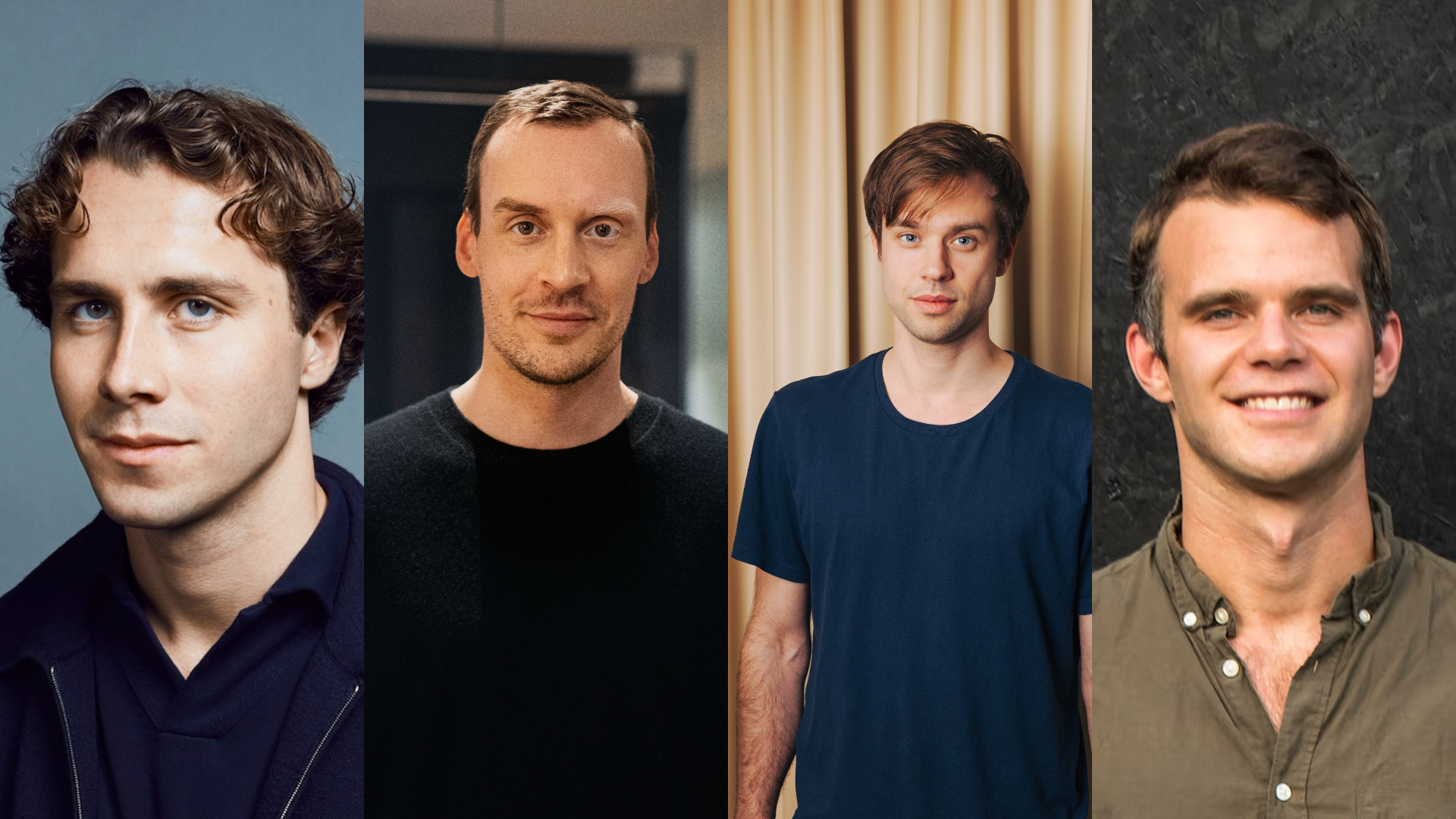The change in investor sentiment from “growth at all costs” to “path to profitability” took most VC-backed startups by surprise. By early 2022 founders had enjoyed a few years of cheap and easy money and focused heavily on expansion rather than profit and loss.
Some startups managed to decrease losses by making layoffs and pulling out of markets. For other companies, further changes were required — and many were forced to revamp their leadership, including their founder CEOs.
Investors tell Sifted they expect more CEO role shuffles in the months to come.
Here are eight founder CEOs that have stepped down in the last year:
Stefan Jansson, cofounder and CEO of Polarium
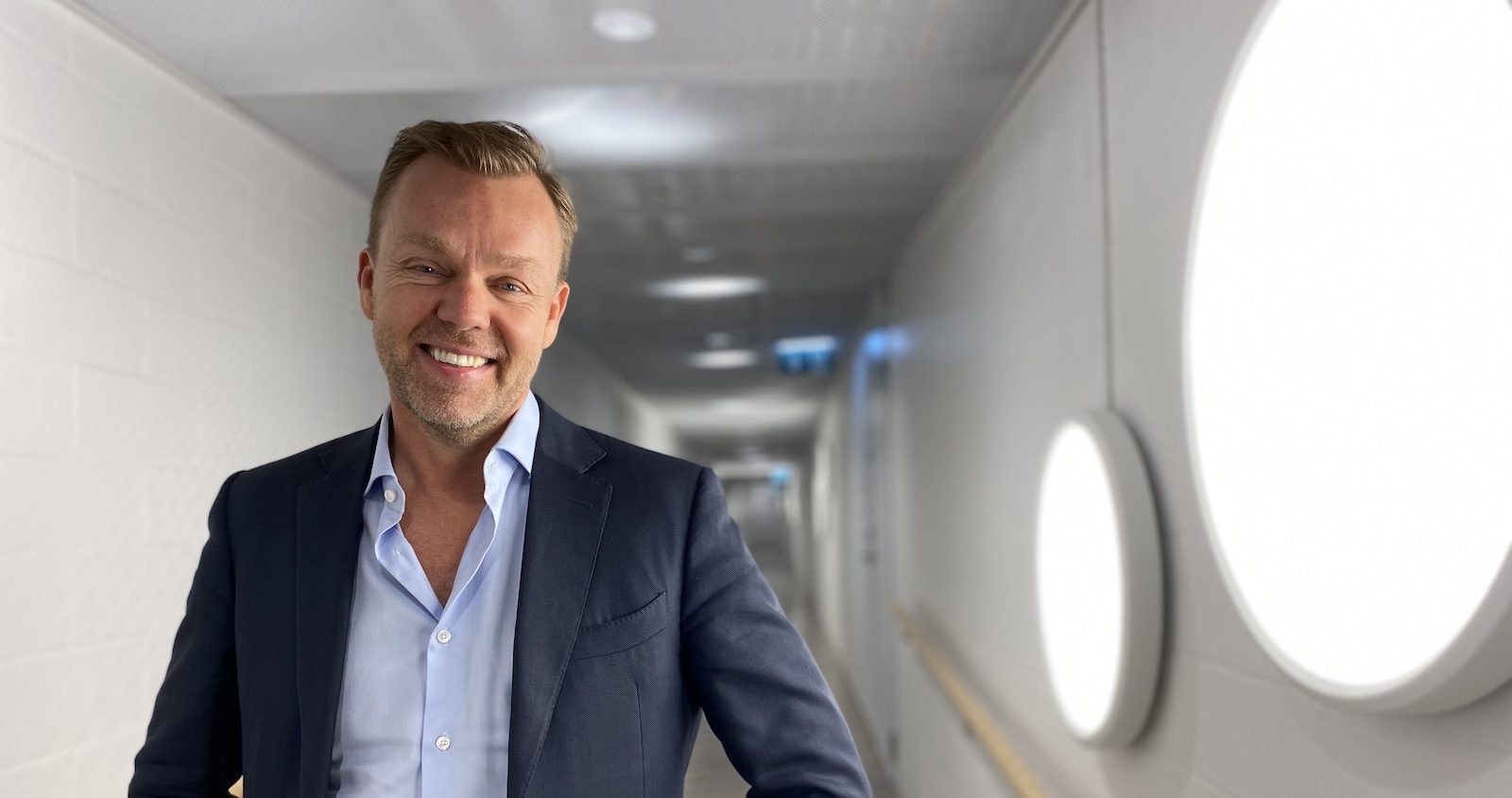
Industry expert Jansson, who founded the battery company Polarium with Harald Mix’s investment company Vargas as a major shareholder in 2015, was forced to step down as CEO in June 2024. The chair of Polarium and Vargas cofounder Carl-Erik Lagercrantz said in a statement that the battery company “has not delivered on its strategy and the high-set goals”. One month later, at Polarium’s annual general meeting, the whole board was replaced.
Polarium, which has raised $224m in total, lost half of its revenue after losing its biggest client, the US-based TV and 5G-distributor Dish Network, in the autumn of 2022. New CEO: Clas Gunneberg (experienced CEO)
Emad Mostaque, cofounder and CEO of Stability AI
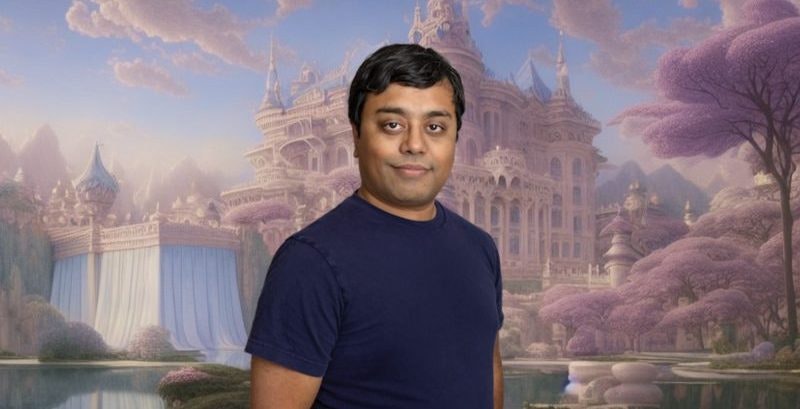
GenAI startup Stability AI, maker of Stable Diffusion, one of the most impressive text-to-image models on the market, raised a $101m Series A in October 2022 and was, for a brief spell, one of the UK’s shiniest AI startups. But it was later hit by controversy, as it had not developed the original Stable Diffusion code and didn’t own the IP to the model.
It then saw a stream of senior people leave the company — culminating in founder Emad Mostaque resigning from his role as CEO and from his position on the board in March 2024. The company said he planned “to pursue decentralised AI”. Stability AI has raised a total of $231m. New CEO: Prem Akkaraju (experienced tech CEO and investor)
Julian Teicke, cofounder and CEO of Wefox
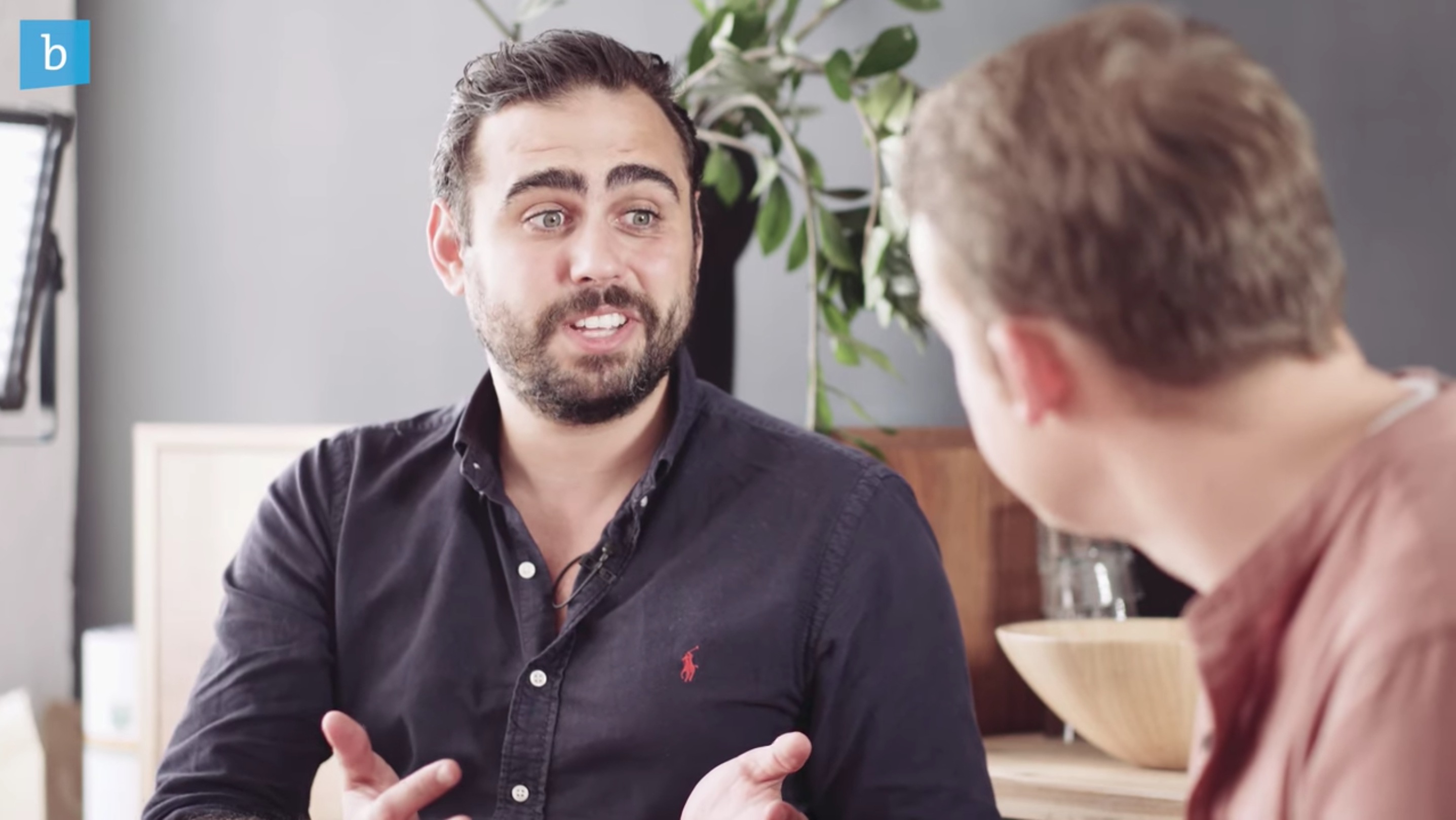
Berlin-based insurance company Wefox has raised more than $1.5bn since it was founded in 2015. In 2022, at its $400m Series D led by the UAE investment firm Mubadala, the company was valued at $4.5bn.
But with the market crunch, Wefox — like many other startups — was pushed to reach profitability. In March, Teicke stepped down as CEO and was replaced by the chair, industry veteran Mark Hartigan.
In need of more funding, the company was in talks to sell off some of its non-tech assets earlier this year to UK insurance group Ardonagh for €550mn, on Mubadala’s initiative. According to the FT, Mubadala negotiated a two-times liquidity preference, meaning it would have a right to receive double its investment in any sale before other shareholders received a penny. The deal fell through and last month the company secured €25m convertible note agreement from current investors Chrysalis Investments and Target Global to support its restructuring efforts. As a result, Hartigan (who supported the Mubadala deal) will leave the company by the end of 2024 at the earliest — and Wefox will get another new CEO.
Johnny Boufarhat, cofounder and CEO of Hopin
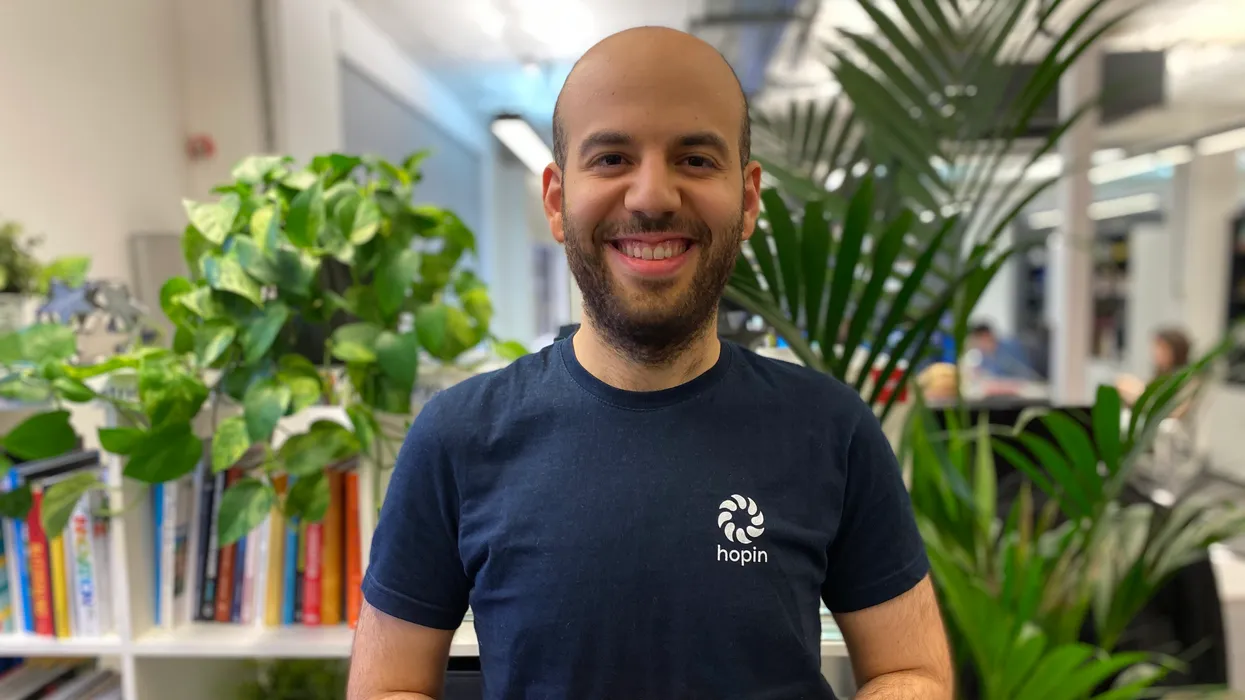
Virtual events startup Hopin was the fastest European company to ever hit unicorn status when it raised a $400m Series C round at a $5.65bn valuation in 2021 — but following the pandemic it struggled. In 2022, it did several rounds of layoffs and saw its headcount drop by half, from 1,100 employees in January to 505 in December 2022, according to data gathered by Synaptic.
In August 2023, the company sold its original product — the Hopin events platform — to US-listed SaaS company RingCentral. At the same time, founder Boufarhat stepped down as CEO but stayed on as chair of the company. In February this year, the company moved its HQ to Delaware in the US, and liquidated its UK parent company. Hopin has raised a total of $1bn. New CEO: Badri Rajasekar (previously chief technology and product officer at Hopin)
Karl Munthe-Kaas, cofounder and CEO of Oda
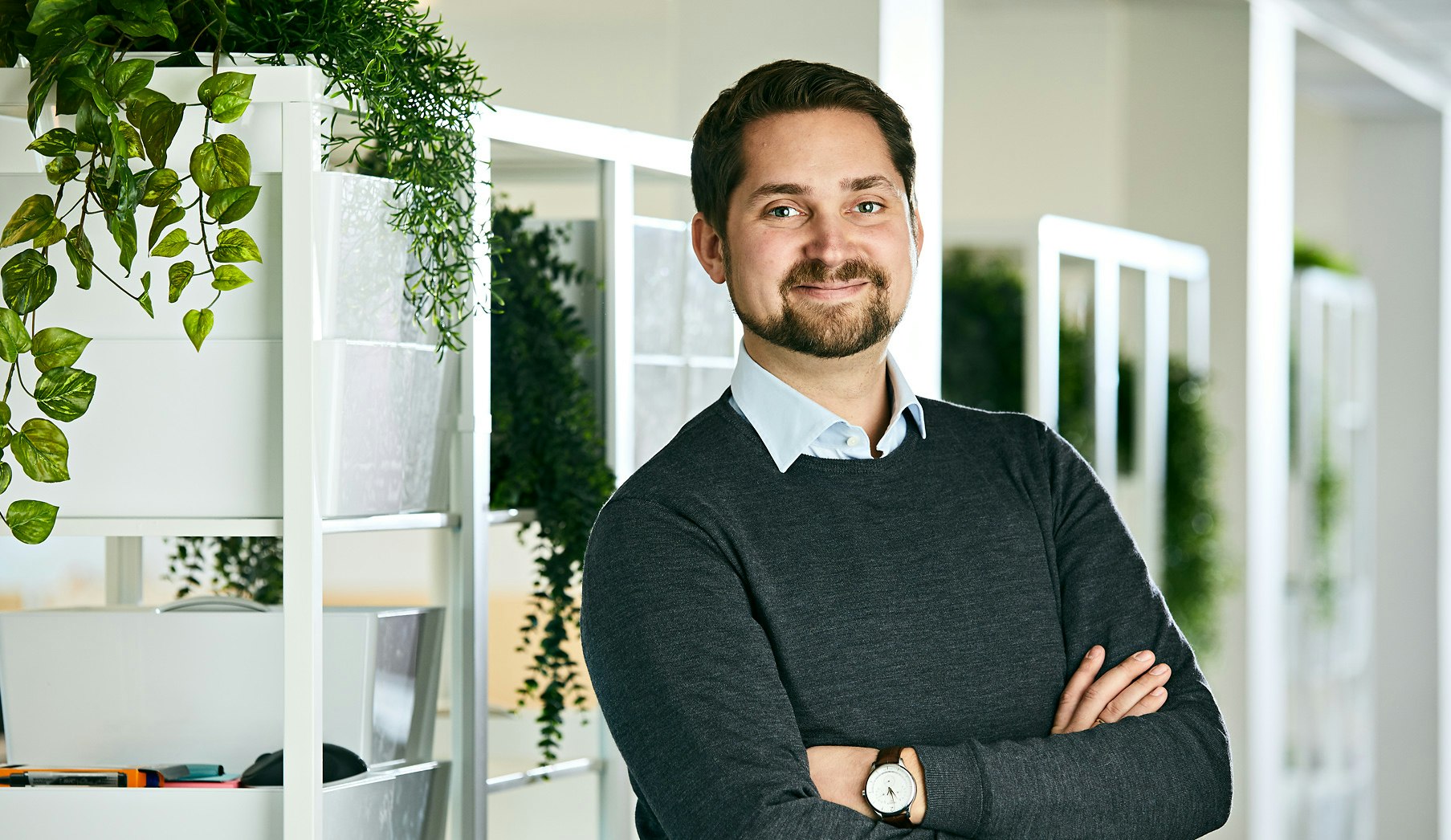
Munthe-Kaas is one of the 10 cofounders of Norwegian grocery delivery startup Oda. Founded in 2013, Oda managed to build one of the world’s most efficient warehouse systems. In 2021 the company raised €223m in a round led by SoftBank and announced plans to expand to Finland and Germany. In a secondary deal soon afterwards it was valued at $1.2bn.
However, at the end of 2022, the company lost its unicorn valuation and six months later it pulled out of both Finland and Germany to focus on profitability. Four months after the acquisition of Swedish competitor Mathem, the board forced Munthe-Kaas to leave the CEO role in March this year.
Four months later cofounder and CFO Vegard Aakre Vik also left the company. New CEO: Chris Poad (industry expert). The company has raised more than €500m.
Jakob Dahlberg, cofounder and CEO of Joint Academy
Joint Academy, a Swedish digital therapeutics startup for arthritis patients, had a rough 2022, losing its largest customer — a healthcare region in Sweden. As the losses piled up, its investors agreed on a convertible loan of 191m SEK (€16m) in 2022 and additional capital in 2023 as part of a cost-cutting package.
The company has since turned things around but Dahlberg stepped down as CEO at the beginning of 2024 to focus on the US market. New CEO: Emil Hansson (former COO). Joint Academy has raised €46m in total.
Artjem Weissbeck, cofounder and CEO of Charles
Serial entrepreneur Weissbeck, who is the cofounder of German WhatsApp marketing platform Charles as well as the ecommerce brand Kapten & Son, was up until June 2024 the co-CEO at Charles. He’s now joined the board as chair.
In a LinkedIn post announcing his departure, Weissbeck said: “This is a good thing for the company, because a clear CEO structure simply suits our next chapter as a Scale-Up better. It enables faster executive decisions, deeper collaboration between departments for our customers, and more ownership for our VPs and senior leadership.”.
Weissbeck’s cofounder Andreas Tussing stays on as the sole CEO. Charles has raised $26.5m in total.
Tadas Burgaila, cofounder and CEO of Kilo Health
Lithuanian healthtech startup Kilo Health is the only non-VC backed startup on this list. Kilo was founded in 2013 and now claims 6.5m users of its digital wellness programmes.
Cofounder Tadas Burgaila was CEO until April 2024; he’s now chair of the board and leading new product development at Kilo. In a statement, the company says that although it has reached profitability in the last year, it’s seen a noticeable slowdown in income growth. New CEO: Zygimantas Surintas (experienced CEO)

